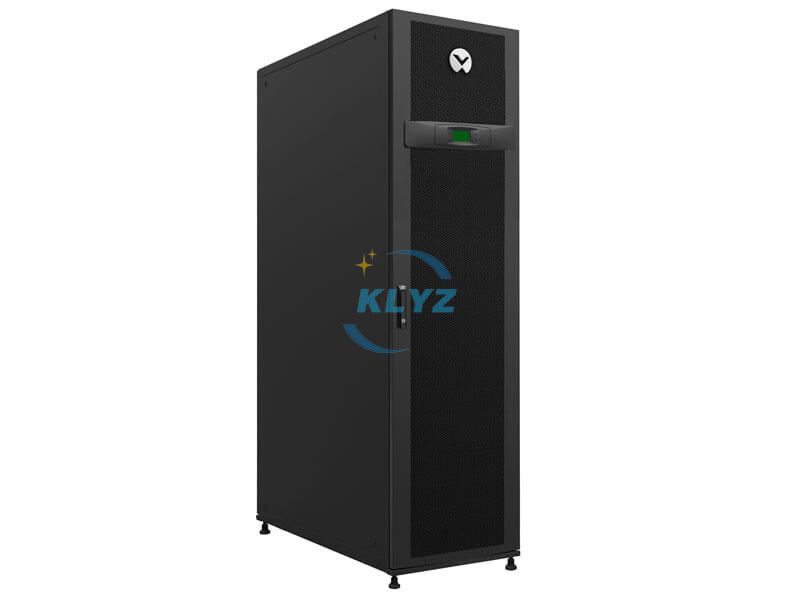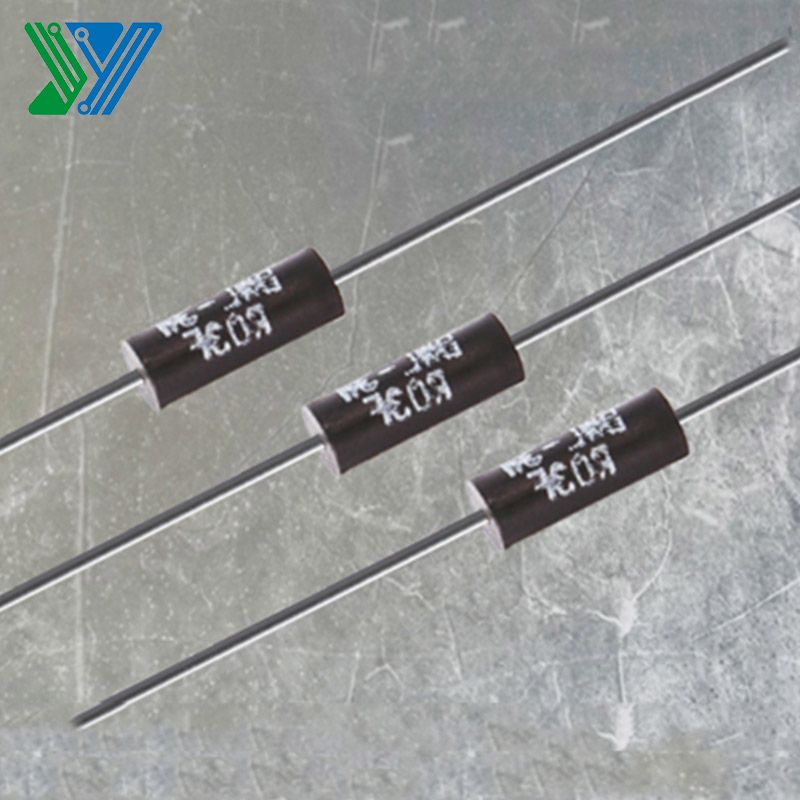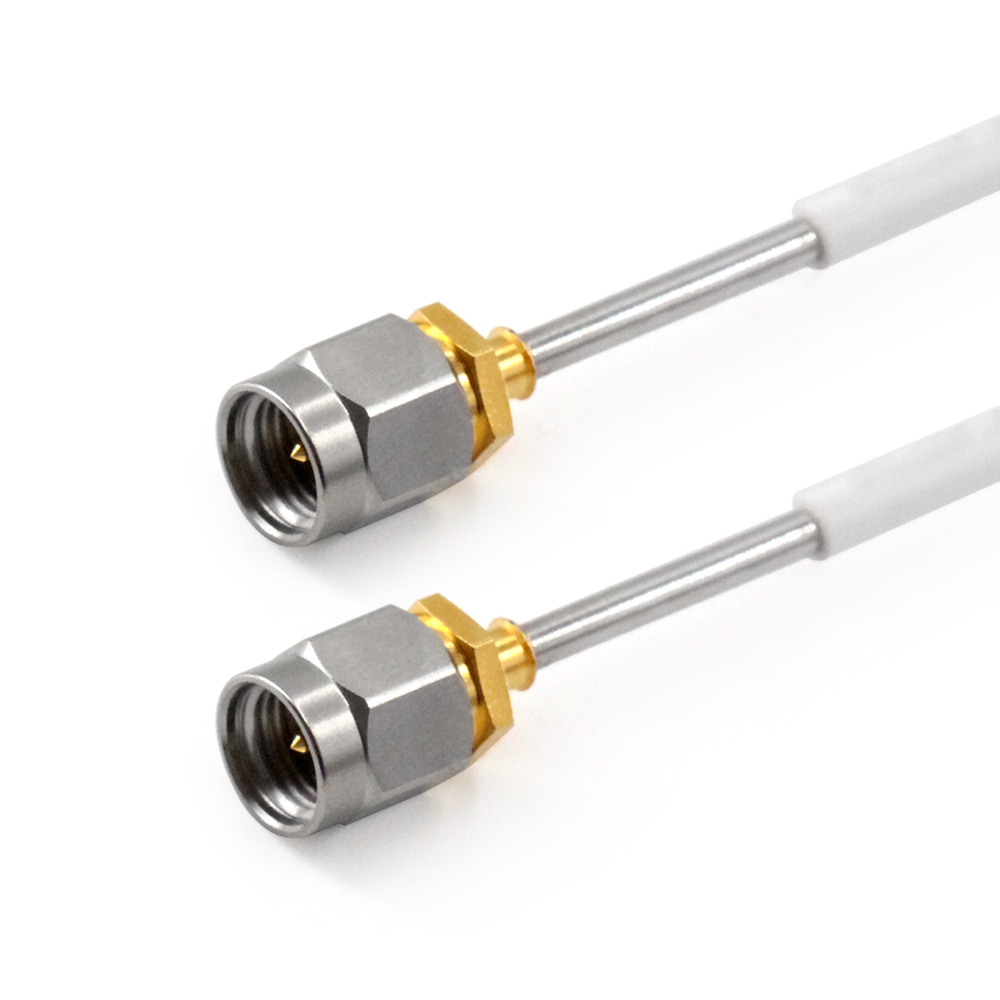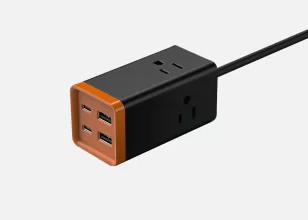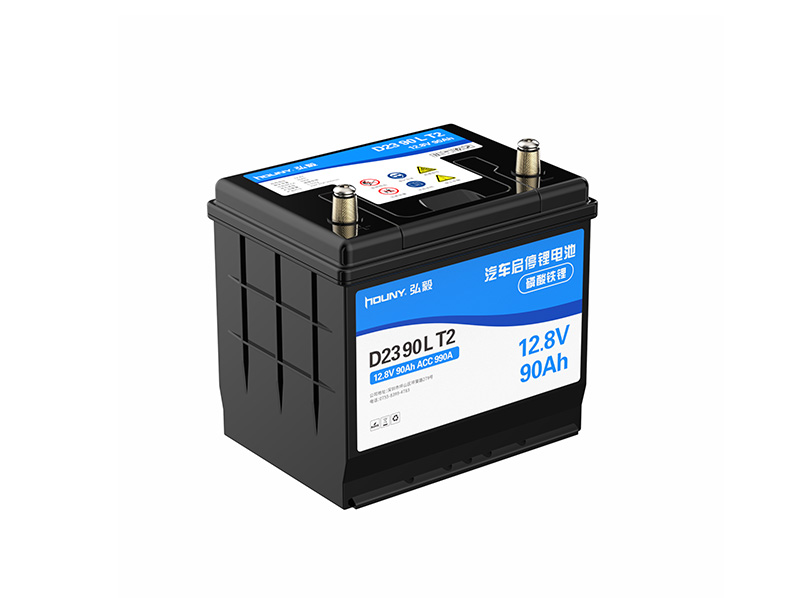What is rechargeable batteries?
Rechargeable batteries are energy storage device that can be charged again after being discharged by applying DC current to its terminals.
Rechargeable batteries allow for multiple usages from a cell, reducing waste and generally providing a better long-term investment in terms of dollars spent for usable device time. This is true even factoring in the higher purchase price of rechargeables and the requirement for a charger.
Rechargeable batteries are more sensible and sustainable replacement to one-time use batteries generally, which generate current through a chemical reaction in which a reactive anode is consumed. The anode in a rechargeable battery gets consumed as well but at a slower rate, allowing for many charges and discharges.
Rechargeable batteries are the same as conventional one. However, after discharge the batteries are placed in a charger or, in the case of built-in batteries, an AC/DC adapter is connected.
While rechargeable batteries offer better long term cost and reduce waste, they do have a few cons. Many types of rechargeable cells created for consumer devices, including AA and AAA, C and D batteries, produce a lower voltage of 1.2v in contrast to the 1.5v of alkaline batteries. Though this lower voltage doesn't prevent correct operation in properly-designed electronics, it can mean a single charge does not last as long or offer the same power in a session. This is not the case, however, with lithium polymer and lithium ion batteries.
Car Starter Battery: The Key to a Smooth Engine Start
A Comprehensive Guide to Residential Energy Storage
Is TFT display better than AMOLED?
Applications of Multi-angle Pole Bases
What are the uses of power transformer?
What's the Maximum Length for USB Cables?
What is the main advantage of an electrolytic capacitor?
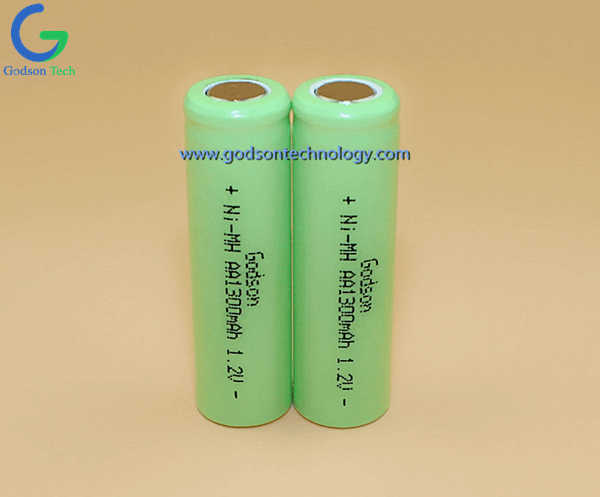
AA batteries
Some types of batteries such as nickel cadmium and nickel-metal hydride can develop a battery memory effect when only partially discharged, reducing performance of subsequent charges and thus battery life in a given device.
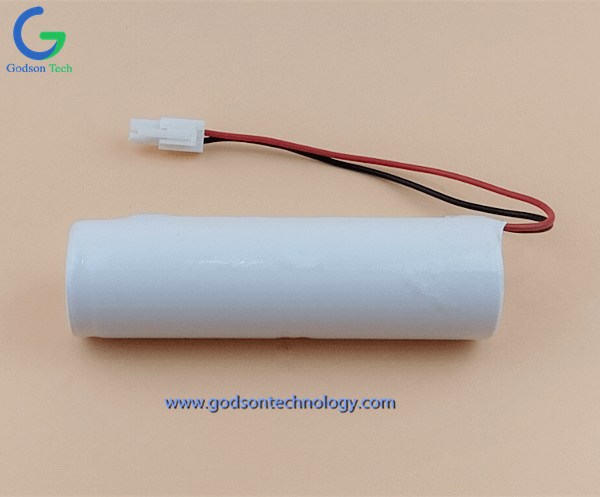
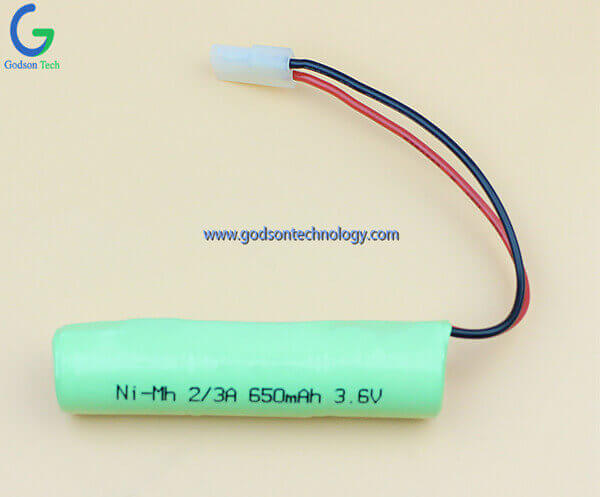
Ni-MH Battery
Rechargeable batteries are used in many applications such as cars, all manner of consumer electronics and even off-grid and supplemental facility power storage.
Unlocking the Secrets of Huawei Rectifier Modules: Powering the Future!
How does a stop-start battery work in a car?
Lithium Cell Pilot Line: Revolutionizing Energy Storage
What Does a CBB60 Capacitor Do?
Sourcing Reliable Electronic Components: A Buyer's Guide
Jump Starter, the Game-Changer in Vehicle Emergencies
What are the key advantages of using Rockchip SOM?



